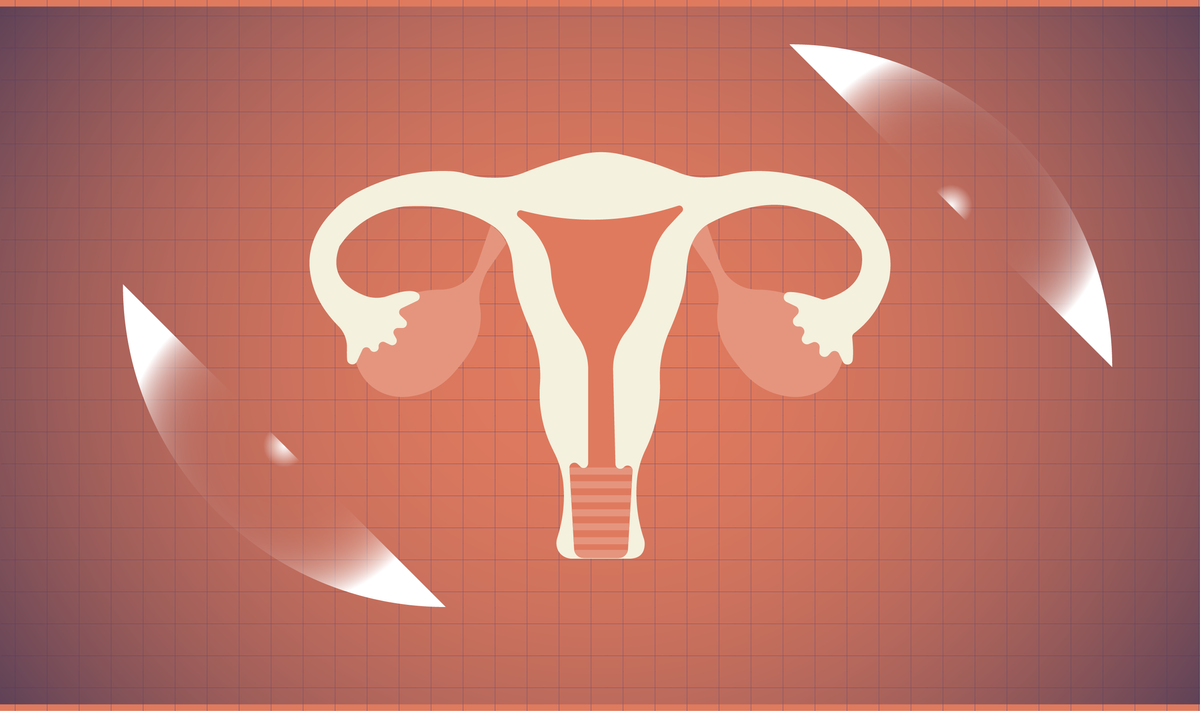Posts debate the difference between abortion and miscarriage treatment
In other conversations, social media users questioned the safety and necessity of IVF and wondered whether Tylenol during pregnancy is safe.

In other conversations, social media users questioned the safety and necessity of IVF and wondered whether Tylenol during pregnancy is safe.
Last month, ProPublica published a report on how the Texas abortion ban has impacted maternal health in the state. In response, social media posts debated the difference between abortion and miscarriage treatment. In other discussions, posts questioned whether in vitro fertilization (IVF) is safe, shared unproven methods to improve fertility, and questioned whether pregnant people can take Tylenol.
In light of these conversations, communicators may explain how abortion bans impact maternal health, share information about IVF and tips for improving fertility, and outline which over-the-counter pain medications are safe during pregnancy.

Insights brought to you by the reporters and science writers of Public Good News (PGN), a nonprofit newsroom dedicated to improving community health.
What’s trending nationally in reproductive health conversation:
On February 20, ProPublica published a report on how Texas’s 2021 abortion ban has impacted maternal health. An analysis of hospital data from 2017 to 2023 showed that sepsis rates among people hospitalized for second-trimester miscarriage increased by more than 50 percent after the abortion ban went into effect. ProPublica noted that the standard of care for second-trimester miscarriage is a dilation and evacuation or an induction to end the pregnancy. However, some Texas hospitals are waiting for the fetal heartbeat to stop or for the pregnant person to develop a life-threatening illness before providing miscarriage treatment due to concerns about violating the state’s abortion ban, which only allows abortions when the health or life of the pregnant person is at risk. Social media posts shared the report across multiple platforms, and some commenters expressed concern about living in Texas under the abortion ban. Others expressed confusion about the difference between abortion and miscarriage treatment.
Conversations about IVF continued this past week after an X user with approximately 552,000 followers shared a video of her recent podcast in which she and her guest alleged that IVF is dangerous. The text of the post claimed that IVF increases the risk of cancer and “hormonal damage,” which is not a recognized medical term. The post received approximately 383,000 views, 8,800 likes, 1,700 reposts, and 280 comments as of March 4, with many comments expressing concern about potential IVF risks. Other comments suggested that IVF is unnecessary and alleged that reducing exposure to microplastics or drinking cough syrup before sexual intercourse increases the chances of becoming pregnant.
Recent articles reported on a study published last month in Nature Mental Health, which found that prenatal exposure to acetaminophen—often sold under the brand name Tylenol—was associated with a slightly higher risk of developing ADHD, particularly in girls. However, the study’s authors stated that more research is needed to determine the risk of acetaminophen use during pregnancy. Other studies have not found a link between prenatal acetaminophen exposure and ADHD. One X post discussing the study received approximately 353,000 views, 5,100 likes, 950 reposts, and 120 comments as of March 4. Many comments expressed confusion about whether it’s safe to take Tylenol during pregnancy.

Recommendations brought to you by the health communication experts behind Infodemiology.com.
Recommendations for public health professionals
Each week, the Infodemiology.com team will provide messaging recommendations in response to some of the trending narratives outlined above. These helpful tips can be used when creating content, updating web and FAQ pages, and developing strategy for messaging about reproductive health.
Given confusion about the difference between abortion and miscarriage treatment, communicators may explain that the same medications and procedures are used for both abortions and incomplete miscarriages. Reports have consistently found that abortion bans delay lifesaving care, even in states that have exceptions in cases when the health or life of the pregnant person is in danger. Continuing to share information about abortion laws in your state is recommended.
Ongoing discussion about IVF provides an opportunity to share how IVF works. Communicators may explain that IVF is a medical procedure in which an embryo made from a person’s own eggs or donor eggs is implanted in their uterus to initiate a pregnancy. While IVF comes with some risks, recent studies have found that it does not increase the risk of ovarian, breast, endometrial, or cervical cancer. People who take hormones to stimulate ovulation before harvesting eggs will experience a hormonal imbalance, but this is temporary.
In response to questions about how to improve fertility without medical interventions, communicators may highlight evidence-based methods, including avoiding sexually transmitted infections, eating a nutrient-dense diet, maintaining a regular sleep schedule, limiting alcohol and caffeine, avoiding smoking, focusing on gentle exercise, and limiting exposure to pesticides, dry-cleaning solvents, and lead. Plus, sperm quality may be improved by wearing loose-fitting underwear, reducing sitting, and avoiding saunas, hot tubs, and devices that could expose the scrotum to heat. People who are trying to get pregnant should also talk to their health care providers about medications they take, as some may impact fertility.
The American College of Obstetricians and Gynecologists (ACOG) says it’s safe to take acetaminophen during pregnancy as needed. However, nonsteroidal anti-inflammatory drugs (NSAIDs) like ibuprofen (Advil or Motrin), aspirin, and Aleve should only be taken during the second trimester and only for 48 hours or less at a time. Taking NSAIDs during the third trimester may lead to birth defects. According to ACOG, the impact of taking NSAIDs during the first trimester is unclear. Patients who are experiencing headaches or other pain during pregnancy should talk to their health care provider about which pain management options are best for them.
